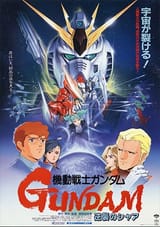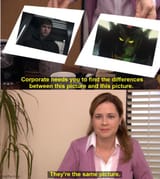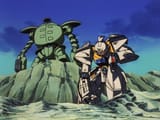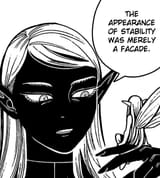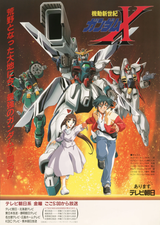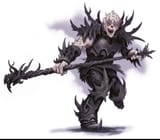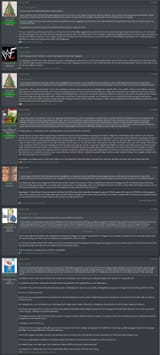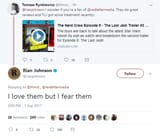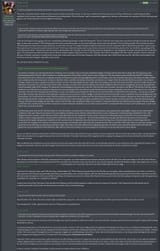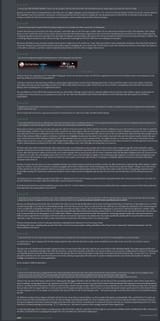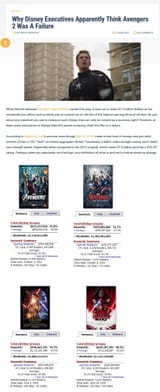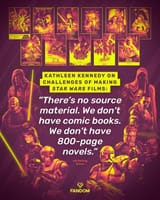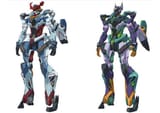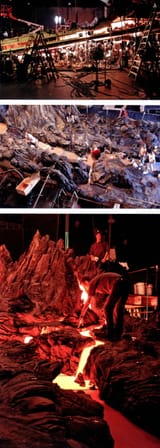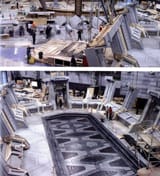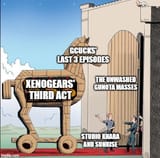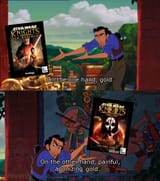>>23351980
TPM starts with a conflict over trade issues, as described in the opening. Naboo is shown to be a very wealthy place, and Palpatine is shown to be an important politician on this wealthy planet (who is in secret contact with the aggressors in the conflict - he had orchestrated the conflict to gain sympathy for Naboo in the galactic senate, and gain a shoe-in in his bid to replace the sitting chancellor).
There's some adventure, and then Padme and the Jedi escape to Tatooine, which shows the poverty Anakin is coming from, the disparity between his life and the ease of life in the Republic.
Then they get to Coruscant, which is shown to be a decaying inefficient bureaucratic democracy, beholden to money. The chancellor answers to the Trade Federation, which of course answers to Palpatine. Palpatine used his wealth and power to bring the entire galaxy under heel.
The Jedi are also shown to be austere, essentially Buddhists or Amish in their non-attachment doctrine, ignorant to Palpatine's political movements, and establishing that they don't particularly care for Anakin: he's a disruptive element to them.
The audience knows Anakin is going to grow up to become Vader...
So when the movie takes us back to Naboo, you get a story where Anakin sees himself as the underdog hero in the conflict saving a whole planet with the help of his newfound Jedi mentors.
But you also know the entire conflict is orchestrated by Palpatine for his own personal gain.
This is not only a solid first act in a trilogy about the forces that created Darth Vader, it's a simple but effective examination of democratic politics, which, as in Greece and Rome, inevitably become beholden to the whims of the wealthiest citizens, who, if they become tyrannical in their ambitions, will bring about collapse of the system.
You seem to be stuck on the conflict not being simple enough for you to be able to enjoy.

